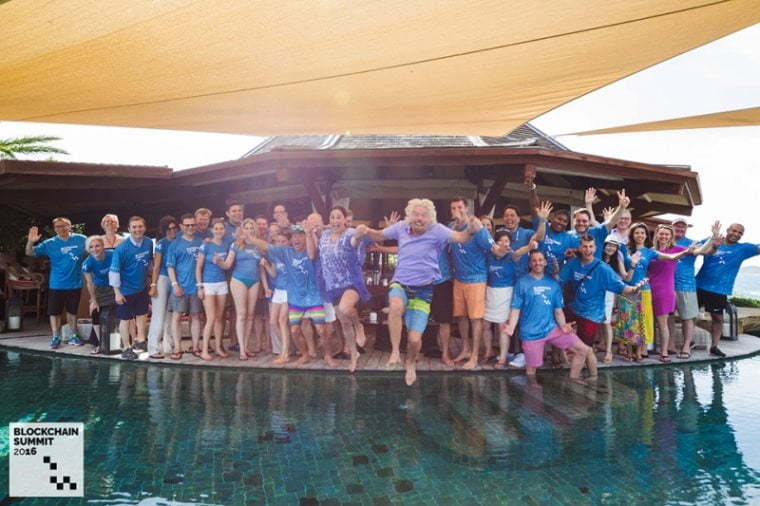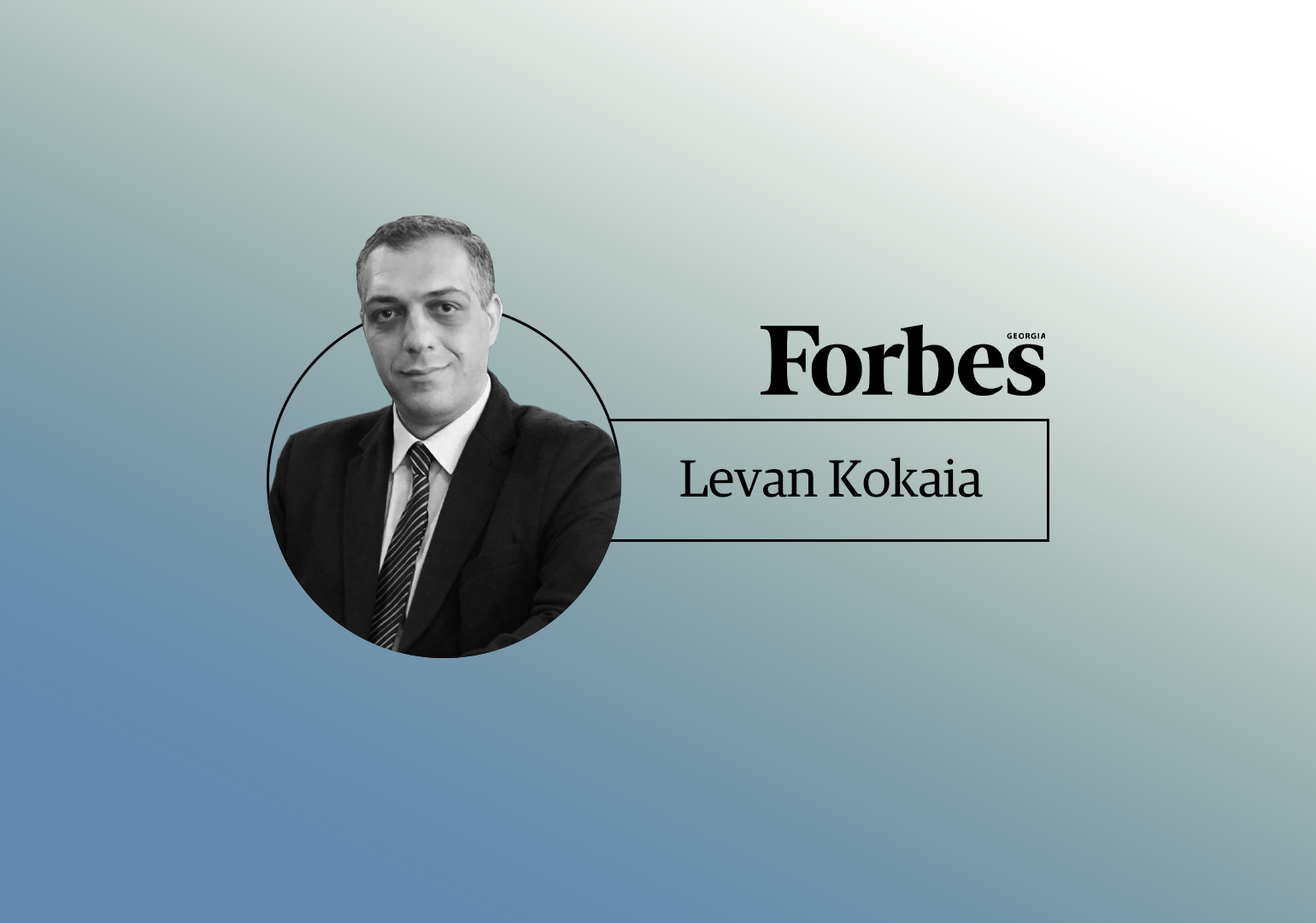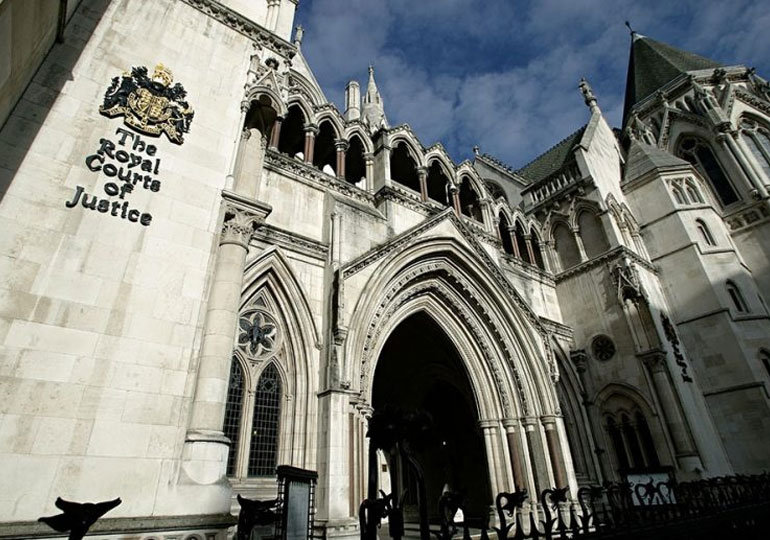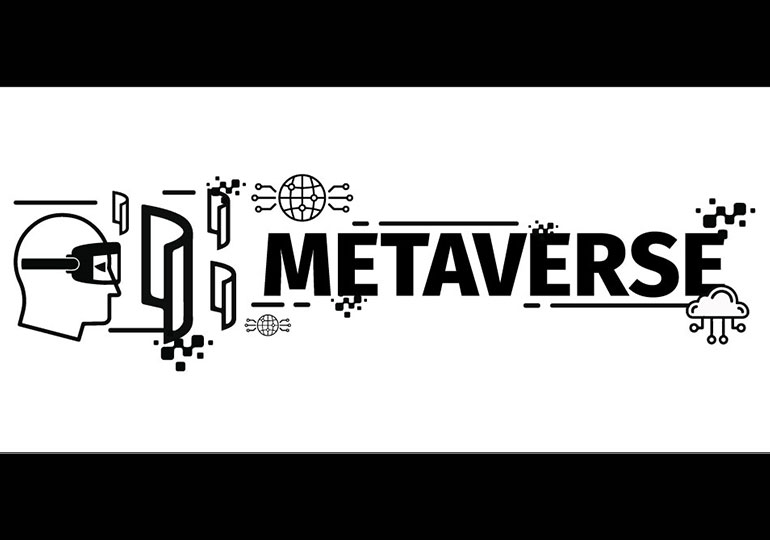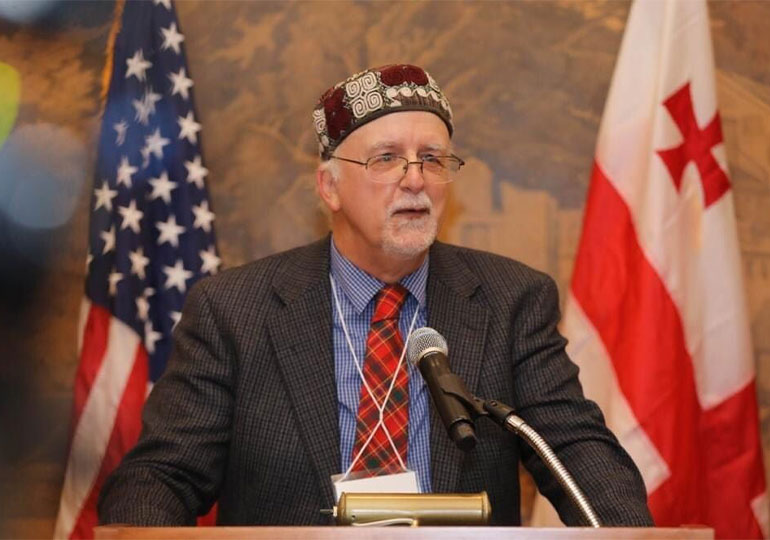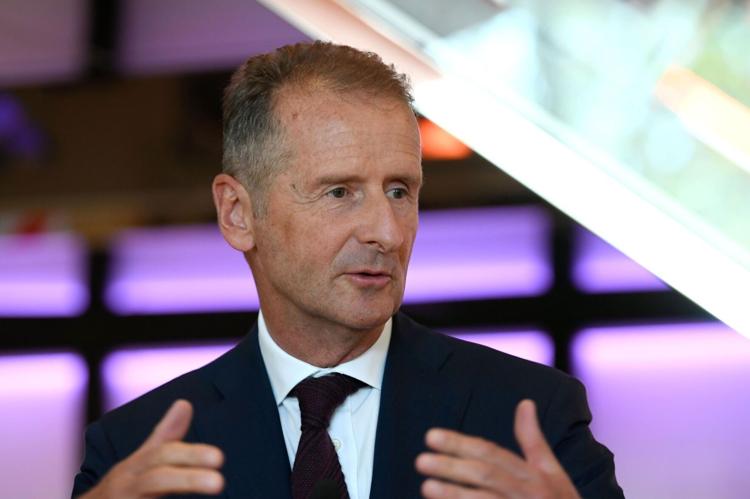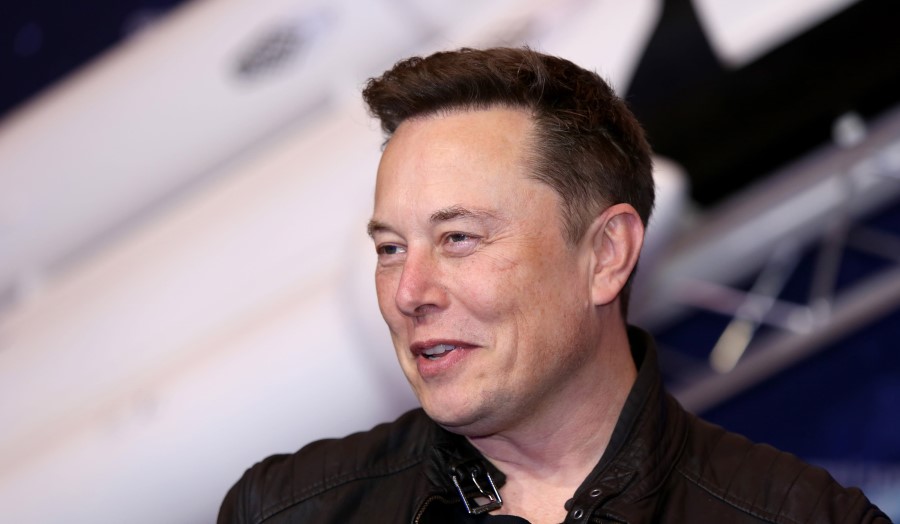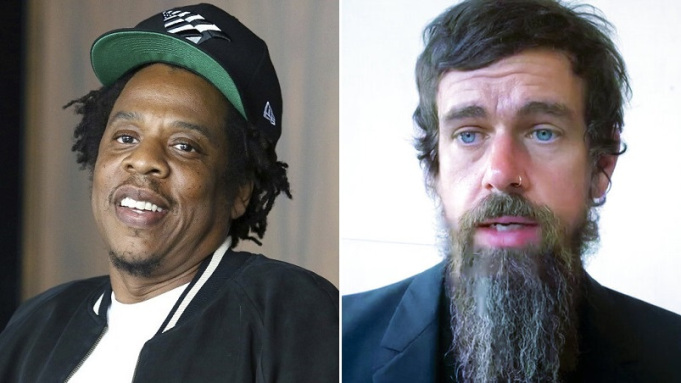Eight-and-a-half years since its birth, Bitcoin has overcome countless obstacles.
The cryptocurrency has risen from obscurity to now become an asset more than twice as valuable as gold, with its price movement tracked by Goldman Sachs.
The technology that made it possible — blockchain — is being adopted by corporations such as IBM, JPMorgan Chase, Microsoft, Visa and Intel, while non-governmental organizations such as the World Economic Forum, World Bank and the International Monetary Fund are exploring or even testing its possibilities.
And due to a technical development Thursday, Bitcoin insiders are celebrating the improved likelihood that the cryptocurrency will break through an impasse that has stalled the development of the network.
Amid that triumphant backdrop, next Tuesday, 50 leaders representing the business, technology, government, academia, arts and non-profit sectors arrive on Sir Richard Branson’s private island to spend three packed days discussing blockchain technology for the third annual Blockchain Summit.
Hosted by blockchain services company Bitfury and its board member, venture capitalist Bill Tai, with special support from Credit China Fintech, this year’s summit on Necker Island features attendees from around the globe such as former Estonian president Toomas Ilves, renowned Peruvian economist Hernando de Soto, Afghan tech CEO Roya Mahboob and Greek European Parliament member Eva Kaili.
“We’re trying always to invite the biggest thinkers of this world and discuss how we can use this technology to really do good,” said Bitfury chief executive Valery Vavilov.
The ambitious agenda will explore how blockchain technology can be applied in everything from economic empowerment to identity, music, conservation, ocean protection — with the latter three especially fitting topics, given Branson’s work in music and conservation — and more.
Additional speakers include Brian Forde and Michael Casey of MIT, singer Imogen Heap, Conservation International President Jennifer Morrison, Saadia Madsbjerg of the Rockefeller Foundation, Young Sohn of Samsung Electronics, Gigi Brisson, founder of OceanElders, Bitpesa founder and CEO Elizabeth Rossiello and Vinny Lingham, founder of blockchain identity startup Civic. (Listen to my podcasts with Casey — iTunes, Google Play — Rossiello — iTunes, Google Play — and Lingham — iTunes, Google Play.) While many blockchain events are dominated by men, nearly half of the summit attendees will be women.
While Bitfury began as a Bitcoin mining company — a firm that processed transactions on the network in order to earn the newly minted bitcoin produced by the software when new blocks of transactions were appended to the blockchain — it has considerably expanded its services to include blockchain-related hardware such as mining equipment and chips, as well as software, including the recently released Exonum, an enterprise blockchain product that secures data with the Bitcoin blockchain.
Along with that product expansion, it has begun to extend its mission into social causes, working on initiatives to put land titles onto blockchains, creating the Blockchain Trust Accelerator to facilitate the adoption of blockchain technology for purposes of social good, and forming the Global Blockchain Business Council to convene businesses around the world and advocate for blockchain technology. The latter two organizations came out of past Necker Island summits, as did the Blockchain Alliance, which helps combat criminal activity on the blockchain. (Hear its founders, Jason Weinstein and Alan Cohn, on my podcast: iTunes, Google Play.)
Tai emphasized that the purpose of the summit was to inspire the attendees to take action. “This is active participation where the people in the room actually get to know each other well enough to rally around subject matter to create change,” he said. (Listen to my podcast with Tai here: iTunes, Google Play.)
Jamie Smith, Bitfury’s global chief communications officer, who previously worked for President Barack Obama’s administration, Hillary Clinton’s first presidential campaign and Secretary of State Madeleine Albright, added, “Our goal is to make our world a more livable, functioning place for people.”
The socially driven mission stems, in part, from Vavilov’s experience growing up in Latvia, which was first a part of the Soviet Union, and later the European Union. “My parents and the parents of my friends and a lot of families lost everything — money, pensions, everything — so one day, my mom just told me, no more toys anymore,” said Vavilov, describing his experience of the collapse of the Soviet Union. “I analyzed the situation later when I grew up, and I realized it happened because systems were not designed to work for people.” Now, however, he says, land titles or other assets can be placed on a blockchain, where they would time-stamped when entered, and they cannot be lost or altered once there.
Noting that the global study known as the Edelman Trust Barometer is at an all time low, Smith added that blockchains make it possible to create systems that give people more opportunity and access: “Most people in the world just want to do three things — protect their families, provide for their families, and if they’re lucky, they want to dream of a bigger better future, so that’s the focus of what we’re trying to accomplish.”
